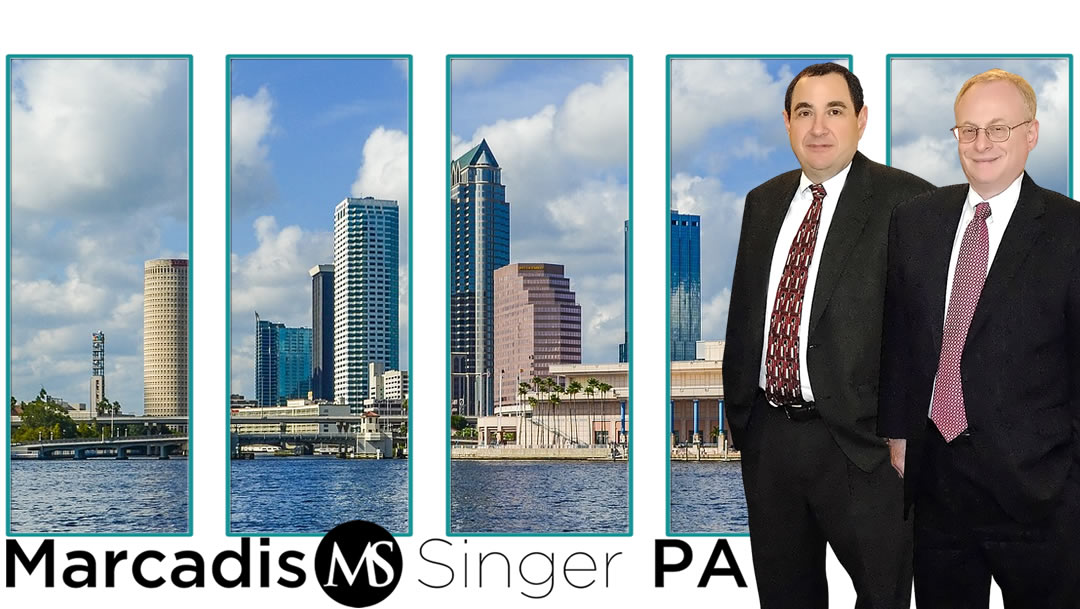Commercial Eviction In Florida

Commercial Eviction
A commercial eviction is an unfortunate reality of being a landlord. It is more likely than not you will face having to evict during your ownership. This action can be uncomfortable, and while you may not want to be forced into an eviction, you need to be prepared for the possibility.
Commercial Eviction is different from residential under the law
The law treats commercial evictions separately and distinctly from residential evictions. Most importantly, commercial evictions are less limiting than their residential counterparts. In most situations, Florida law will look to the provisions of the lease agreement to determine the outcome. One of the best examples of this lies in the awarding of attorney fees. Under the law, commercial landlords are not entitled to fees under statute, so to protect yourself a clause providing for the recovery of attorney’s fees in the event of litigation should always be included in the lease.
Commercial Eviction Remedies
Once the decision is made by a landlord to move forward legally against a tenant, there are usually several options available. The first and most common remedy against tenants is to both evict them from the premises and pursue the money damages due and owing. Once the eviction process is complete, the landlord has an obligation to “mitigate their damages”, meaning they need to make a reasonable effort to re-let the property and recover lost rent payments under the agreement. In this scenario, a landlord could then pursue the tenant for the full unpaid portion of the lease agreement, less any recovery that is made by reletting the premises.
A landlord also has a right to sue for damages or unpaid rent, leaving the tenant in the leased property. For obvious reasons, this remedy is rarely pursued because of the certainty of lost income.
Sometimes, if a rented property is in high demand, the landlord can make the decision to evict only, waiving any future rent due under the lease. This is used often by landlords who will have relative ease in reletting their properties. It streamlines and advances the eviction process quicker, and the landlord can move on to a new relationship with a new tenant, mitigating their loss of income.
It is important to remember that discussions or actions with a tenant can modify the lease. Accepting late rent routinely or accepting payment after a default notice, for example, can create a situation that provides the tenant with defenses to not paying rent timely. It is extremely important for landlords to do all business in writing and be specific as possible as to any accommodations they make during the landlord-tenant relationship.
Commercial Evictions, Done Right
A landlord must follow Florida law exactly if they want to successfully evict a tenant from their premises. Changing locks, shutting off utilities, or confiscating property are all examples of actions that are illegal will get a landlord in hot water with the court. At best the landlord may have to lose time and income in restarting a proper eviction process with the tenant, and at worst, the landlord may find themselves liable to the tenant for attorney fees, costs, and lost business profits.
It is essential to have an attorney with intimate knowledge of Florida commercial eviction laws and years of eviction experience on your side. At Marcadis Singer, our attorneys will work hard to ensure your eviction litigation goes forward quickly and legally. Understanding and complying with eviction laws is the best way to protect your investment and limit your losses. If you have a question about commercial eviction, contact Marcadis Singer today.
For new business, please call (813) 288-1881 Ext. 247